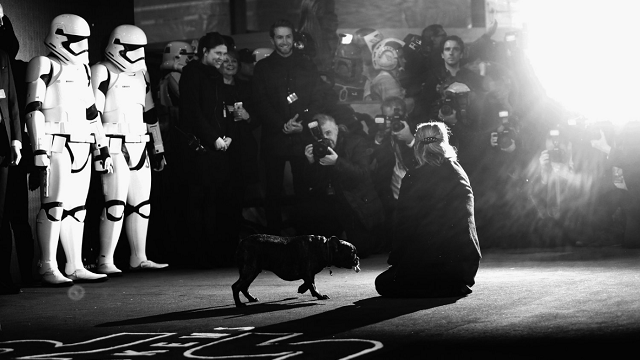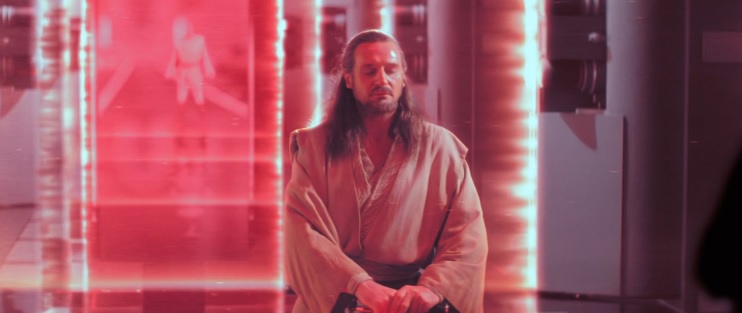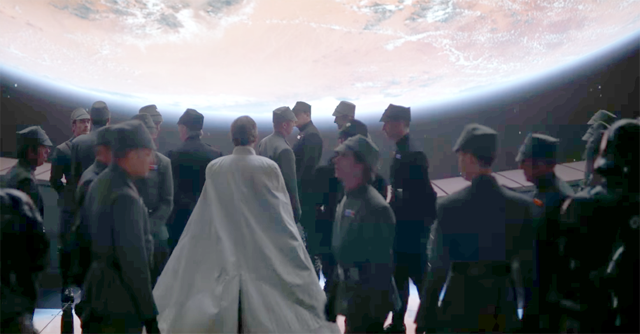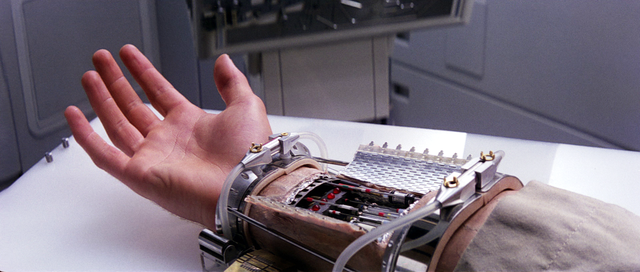
Mike: Well, the most obvious thing to do is talk about how beloved and inspirational Carrie Fisher was. The second most obvious thing to do is talk about how obvious it is to talk about how beloved and inspirational she was. So I’m gonna do what Carrie herself would probably do, and speak immodestly about my brain for a minute.
I’m unhappy about her passing on an intellectual level—it’s unfortunate and unfair and I recognize how it could drive one to despair. But on an emotional level, I don’t really feel it. I rarely feel death emotionally; it’s inevitable, so why be sad over something you can’t control? Again, I understand that this isn’t typical, but it’s just how my mind works. I cry at the end of Apollo 13, and I shed tears six times during my first viewing of The Force Awakens, but now? Nothing.
Over time I’ve come to understand that I just don’t connect with other humans that way—I can feel enormously passionate about people on a demographic level, but not as individuals. It’s possible that I’m somewhere in the neighborhood of Asperger syndrome—especially when I think back to myself as a child—but I’ve never had any interest in a diagnosis; I’ve led a pretty normal and comfortable life so it would feel presumptuous to seek out the banner of a mental disorder for something that has never really harmed me beyond a reputation for being aloof. After all, it could be that I’m just an asshole.
After a youth and adolescence of scrambling to figure out how I was “supposed” to connect with my peers, and wondering if it was worth the trouble, I eventually discovered that you can say anything you want if it’s funny enough. Where I didn’t have the skill set for a polite lie, I found that the truth was okay as long as it made people laugh, so that became my means of making a direct impression on people. It was the next best thing to a sincere connection: say something appalling that people laugh at in spite of themselves. Read More




